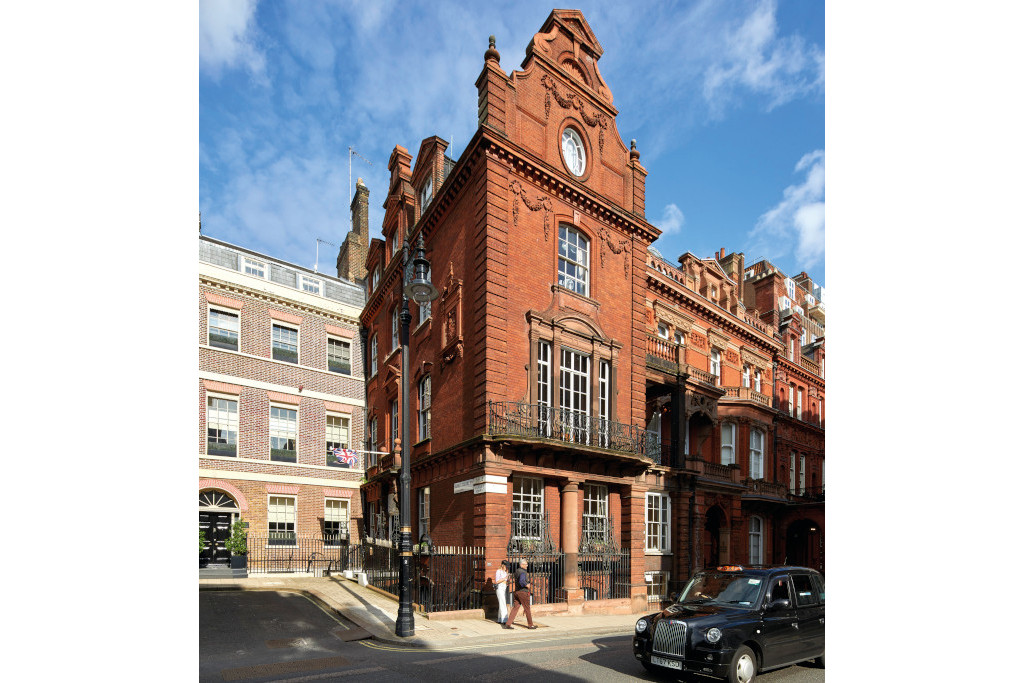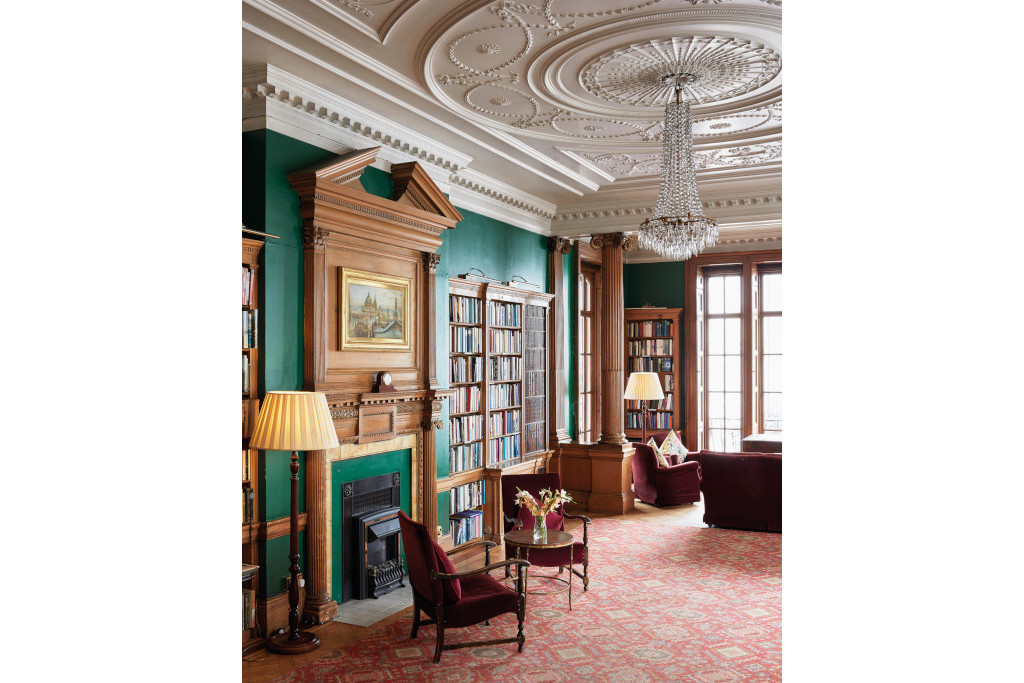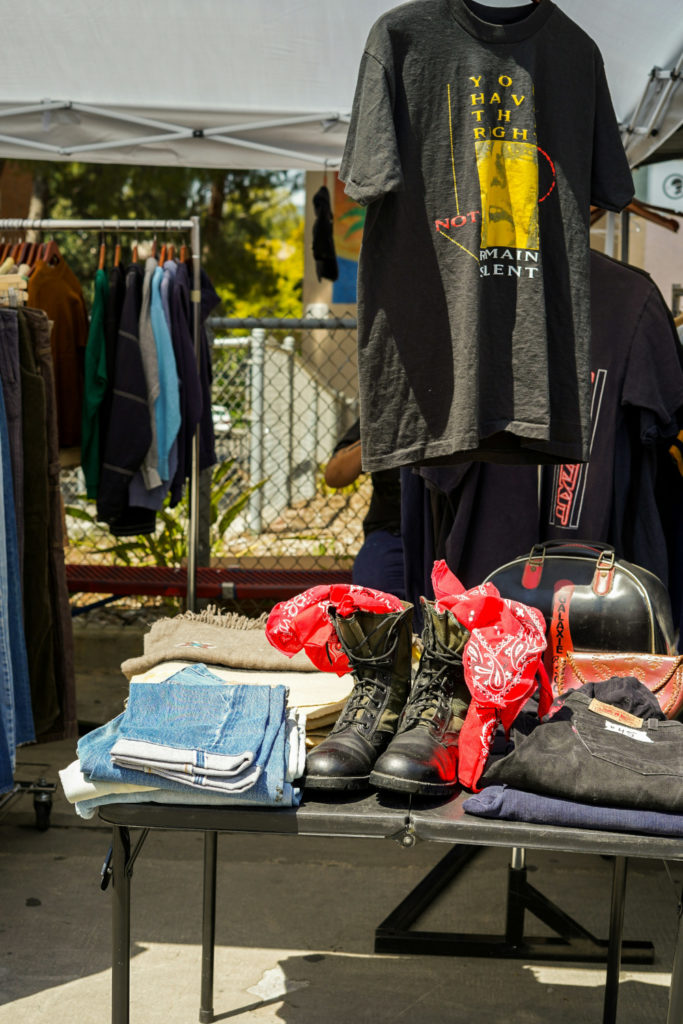The University Women’s Club: A Club of One’s Own
By
3 years ago
'It’s a very collaborative way of working. It’s all about being part of a community.'

Amy Wakeham delves into the pioneering history of the University Women’s Club.
In Sheep’s Clothing: The Wonders of Wool
The University Women’s Club: A Club of One’s Own
An unassuming square in the heart of Mayfair, not far from where Porsches are parked outside The Dorchester and Park Lane buzzes with traffic, is not the first place that comes to mind when thinking about the history of women’s rights. But this elegant address has a quietly radical past and its walls are lined with the portraits of its tenacious founding members.
It belongs to the University Women’s Club (UWC) and, for all its understated style, it has a history to rival any of the flashier names in this heart of clubland.
Let’s rewind to 1883. Women – in tiny numbers – had started to attend university and take exams but could not yet graduate (except from the University of London, which started awarding degrees to women from 1878; Oxford from 1920 and Cambridge a shocking 1948). Among their number was Gertrude Jackson, an enthusiastic member of Girton, Cambridge’s first women’s college.
In 1883, she floated the idea of founding a club for university women in London; by 1886 over 200 women had shown interest, and the University Club for Ladies, as it was then called, was set up on New Bond Street.
‘Back then there was nowhere for women to socialise outside the home or without their husbands,’ points out the UWC’s general manager, Alex Maitland. ‘So, by forming a club, they made somewhere they could go to meet other women who had gone through the similar challenges of gaining an education.’

(c) Edmund Sumner
Early members included pioneering surgeon Elizabeth Garrett Anderson, her sister, the mathematician Cicely Fawcett, women’s education activist Emily Davies, and Charlotte Carmichael Stopes, mother of Marie Stopes, founder of the first birth control clinic in Britain. The fight for women’s rights and education was at the heart of the club and – understandably, given the era it was founded – it named several suffragists and suffragettes among its members.
For the next 35 years the UWC moved premises several times as the membership grew, until in 1921 it finally found its forever home in 2 Audley Square, Mayfair, where it celebrates its centenary this year. The club bought the freehold from keen supporter Lady Flora Russell, who held literary salons on the site; to this day, the UWC is unique in the UK for being wholly owned and run by its women-only membership.
The change from rented accommodation to its own premises also marked the changing status of women in 1921: those above the age of 30 could now vote, stand for parliament, and enter careers that were previously barred to them. For its members, the UWC wasn’t just a room of one’s own, but an entire building in which to work, think, talk and relax entirely on their own terms.
One hundred years later, many of the challenges facing women have changed (they’re now 35 per cent more likely than men to go to university, for example), but the ideals of women’s independence and education still shape the club to this day.
Of course, women have a raft of members’ clubs to choose from in London these days, should they so wish. But what sets UWC apart is its steadfastly egalitarian approach to proceedings.
‘The members decide everything that happens here; they set our rates, our strategy, they approve our accounts. It’s a very collaborative way of working. It’s all about being part of a community,’ explains Alex.

The UWC is the only club in the UK to be wholly owned by its women-only membership (c) Edward Sumner
Despite its name, these days you don’t need to have a degree to join; the UWC welcomes women with other forms of professional or further education qualifications, from all backgrounds, into the community. For an annual fee of £772 (less with an out-of-town, student or recent graduate membership) you get access to subsidised bedrooms in the heart of Mayfair, a packed calendar of events and talks, and a community of like-minded women to join; a third of its membership is under 35.
‘If you look past the exclusiveness, it’s quite an inclusive place, because it’s about being part of a community, which is hard to find in a big city like London,’ says Alex. ‘It’s about being a part of something, and part of the history. It’s somewhere people can feel at home, in the heart of London.’
As times change, so do the ways that members use the club. Since the trend for remote working seems set to remain post-pandemic, and people have moved further out of London in search of greener spaces, clubs like the UWC make an excellent base from which to access the city – whether that’s somewhere to spend the night after a day in the office or a place to stop for coffee and jump on a work call.
Although the world may have changed almost beyond recognition in the last hundred years, the UWC stands strong in Audley Square, a testament to the bravery and tenacity of the women who founded it, and to the generations of like-minded members who’ve upheld its founding values ever since.
‘The reason it’s endured is because of the strength of the people who run it and their determination to do something on their own terms,’ sums up Alex.
Join the Club
Join the University Women’s Club before 31 March 2022, quoting Country & Town House, and receive £100 in vouchers to be redeemed in your first six months of membership. universitywomensclub.com



